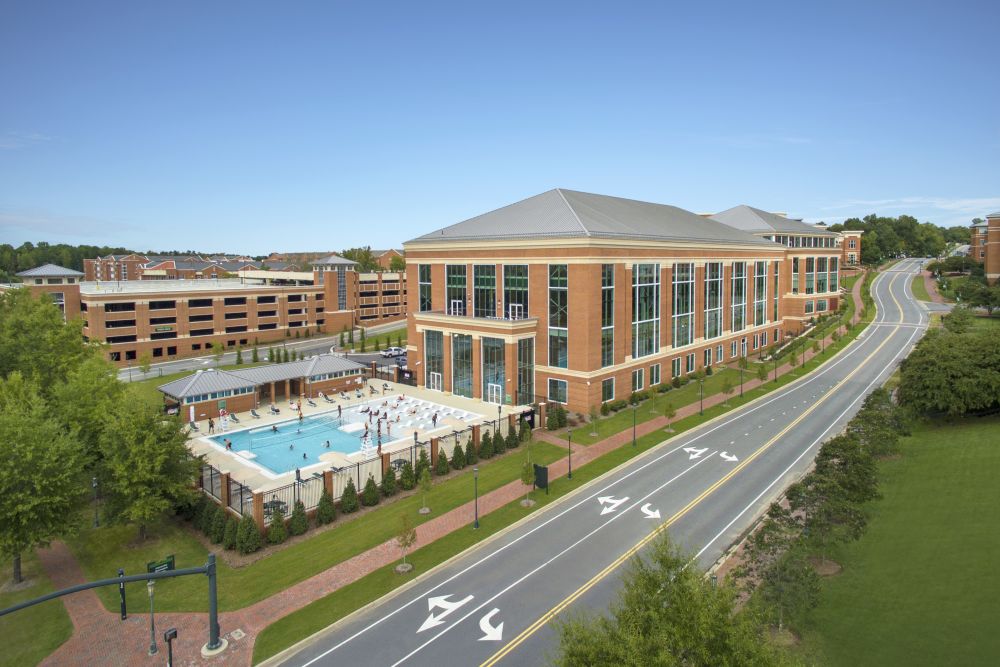Perspectives on designing for neurodiversity shared in Talking Stick
November 15, 2023
Social Sharing
Neurodiverse people comprise around 20% of the population, and neurodiversity expression and needs are diverse. And it turns out that many of the environmental features that help neurodiverse people feel a sense of comfort and belonging are the same things that create spaces where all students flourish.
This is particularly true in spaces like residence halls where students develop a new sense of home, but the reality is good design fosters inclusivity and accessibility for all students in all places.
Lynne Deninger shared insight on CannonDesign's approach to design thinking and residence hall solutions that address the needs of the Whole Student in an article co-presented by the Association of College and University Housing Officers - International (ACUHO-I) and the Society for University Planning (SCUP).
Testimonials
Lynne noted that there is not a “one- size fits-all” solution. We partner with our clients to understand their unique challenges around wellness, access and equity, through open dialogue and collaboration with leadership, educators, staff, and students.
We seek a collaborative cross-market approach and cross-disciplinary research to enhance holistic student wellbeing, creating a sense of safety, comfort, and belonging, as well as supporting academic and social development and overall engagement within the campus community.




